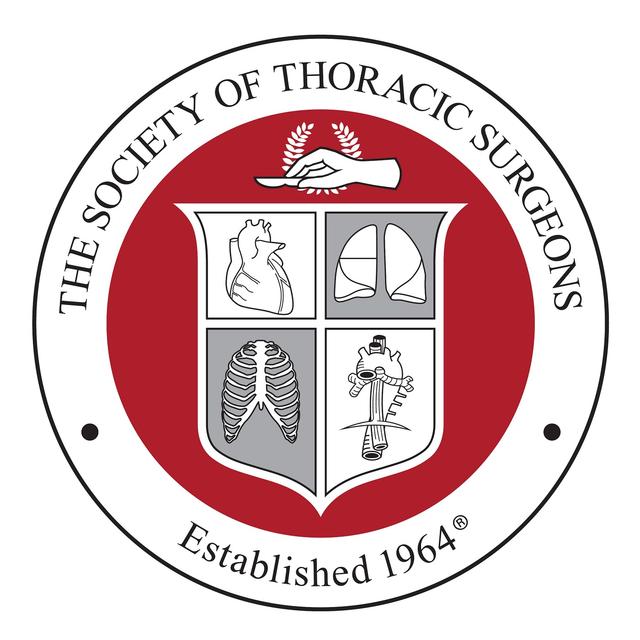Welcome to our latest discussion on the evolving landscape of healthcare regulations and their impact on cardiothoracic surgery. Each year brings new policies that shape the way medical professionals deliver care, and it's crucial for those in the field to stay informed about these changes. Today,we're diving into the recent proposal from the Centers for Medicare & Medicaid Services (CMS) that could significantly affect the world of cardiothoracic surgery.
In April,the CMS released the proposed rule for the fiscal year 2026 Inpatient Prospective Payment System. This annual regulation outlines various initiatives that will directly influence how cardiothoracic surgery is practiced and reimbursed. The changes proposed in this rule are of particular interest to those involved in the field, as they have the potential to alter the landscape of patient care and surgical practice.
The Society of Thoracic Surgeons,a leading voice in the field, is currently examining these proposed changes with great care. They understand the importance of these regulations and are committed to ensuring that the interests of cardiothoracic surgeons and their patients are well-represented. Over the coming months,the society plans to submit detailed comments and feedback to CMS, advocating for policies that support the best outcomes for both practitioners and patients.
As we await further developments,it's essential for those in the cardiothoracic community to stay engaged and informed. These changes may shape the future of surgery practices and healthcare delivery, making it more important than ever to participate in the conversation and contribute to the advocacy efforts led by professional organizations. In conclusion,the proposed rule for the FY 2026 Inpatient Prospective Payment System represents a pivotal moment for cardiothoracic surgery.
By staying informed and involved,we can help ensure that the evolving regulations align with the needs and priorities of our field. Let's continue to engage with these changes actively, ensuring that our voices are heard and that we advocate effectively for the future of cardiothoracic surgery and patient care.
